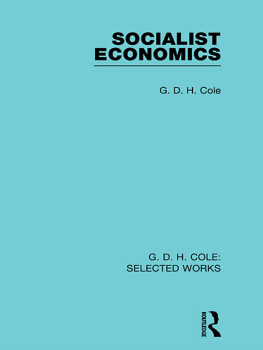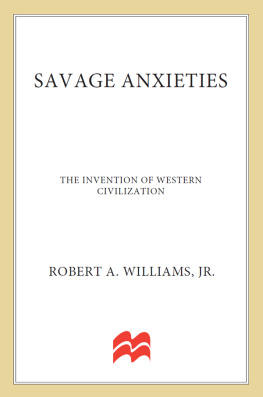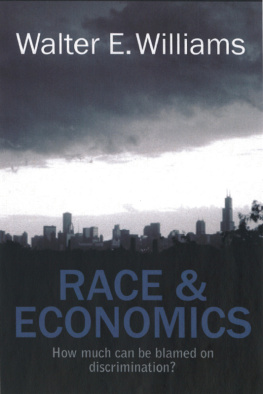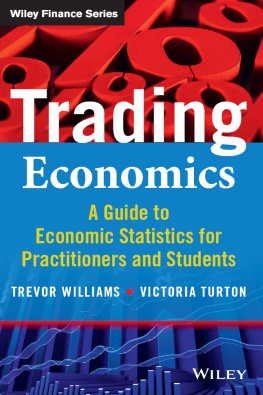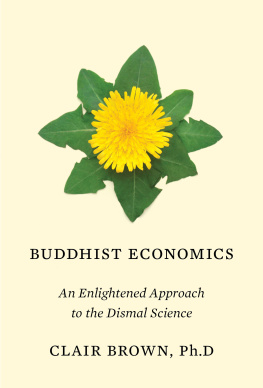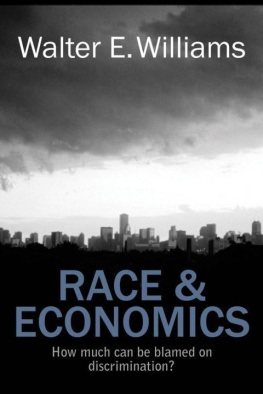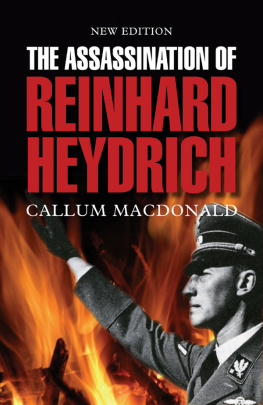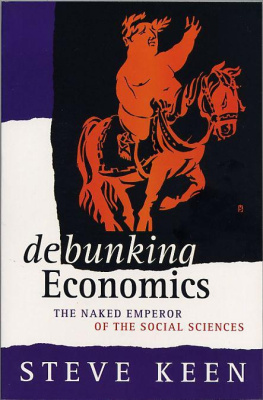Callum Williams - The Classical School: The Birth of Economics in 20 Enlightened Lives
Here you can read online Callum Williams - The Classical School: The Birth of Economics in 20 Enlightened Lives full text of the book (entire story) in english for free. Download pdf and epub, get meaning, cover and reviews about this ebook. year: 2020, publisher: PublicAffairs, genre: Politics. Description of the work, (preface) as well as reviews are available. Best literature library LitArk.com created for fans of good reading and offers a wide selection of genres:
Romance novel
Science fiction
Adventure
Detective
Science
History
Home and family
Prose
Art
Politics
Computer
Non-fiction
Religion
Business
Children
Humor
Choose a favorite category and find really read worthwhile books. Enjoy immersion in the world of imagination, feel the emotions of the characters or learn something new for yourself, make an fascinating discovery.

- Book:The Classical School: The Birth of Economics in 20 Enlightened Lives
- Author:
- Publisher:PublicAffairs
- Genre:
- Year:2020
- Rating:5 / 5
- Favourites:Add to favourites
- Your mark:
- 100
- 1
- 2
- 3
- 4
- 5
The Classical School: The Birth of Economics in 20 Enlightened Lives: summary, description and annotation
We offer to read an annotation, description, summary or preface (depends on what the author of the book "The Classical School: The Birth of Economics in 20 Enlightened Lives" wrote himself). If you haven't found the necessary information about the book — write in the comments, we will try to find it.
Callum Williams: author's other books
Who wrote The Classical School: The Birth of Economics in 20 Enlightened Lives? Find out the surname, the name of the author of the book and a list of all author's works by series.
The Classical School: The Birth of Economics in 20 Enlightened Lives — read online for free the complete book (whole text) full work
Below is the text of the book, divided by pages. System saving the place of the last page read, allows you to conveniently read the book "The Classical School: The Birth of Economics in 20 Enlightened Lives" online for free, without having to search again every time where you left off. Put a bookmark, and you can go to the page where you finished reading at any time.
Font size:
Interval:
Bookmark:
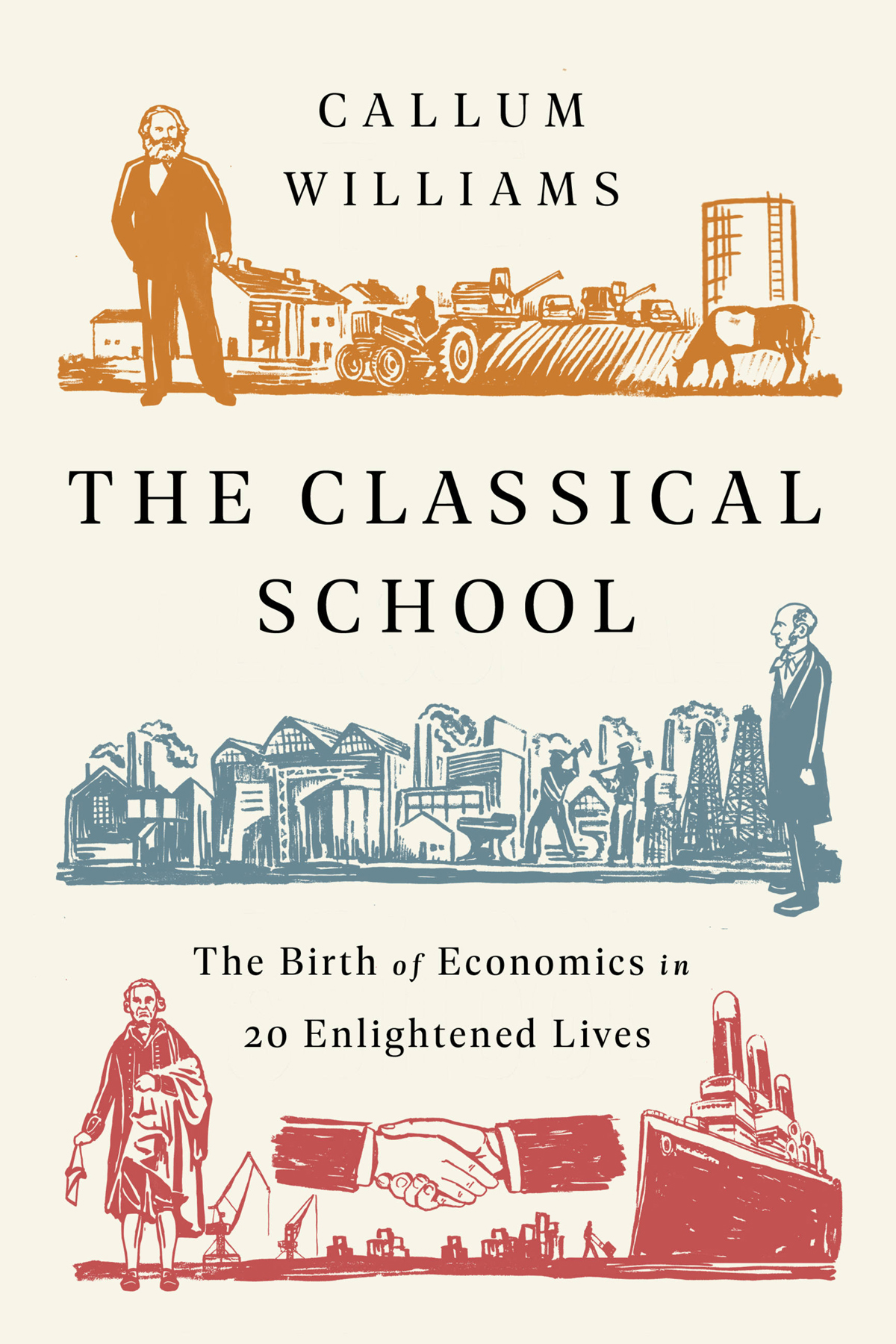
Copyright 2020 The Economist Newspaper, Ltd.
Text copyright 2020 Callum Williams
Cover image David Wardle
Cover copyright Profile Books
Hachette Book Group supports the right to free expression and the value of copyright. The purpose of copyright is to encourage writers and artists to produce the creative works that enrich our culture.
The scanning, uploading, and distribution of this book without permission is a theft of the authors intellectual property. If you would like permission to use material from the book (other than for review purposes), please contact permissions@hbgusa.com. Thank you for your support of the authors rights.
PublicAffairs
Hachette Book Group
1290 Avenue of the Americas, New York, NY 10104
www.publicaffairsbooks.com
@Public_Affairs
The Economist in Association with Profile Books Ltd. and PublicAffairs
Originally published in 2020 by Profile Books Ltd. in Great Britain.
First US Edition: May 2020
Published by PublicAffairs, an imprint of Perseus Books, LLC, a subsidiary of Hachette Book Group, Inc. The PublicAffairs name and logo is a trademark of the Hachette Book Group.
The greatest care has been taken in compiling this book. However, no responsibility can be accepted by the publishers or compilers for the accuracy of the information presented.
Where opinion is expressed it is that of the author and does not necessarily coincide with the editorial views of The Economist Newspaper.
While every effort has been made to contact copyright-holders of material produced or cited in this book, in the case of those it has not been possible to contact successfully, the author and publishers will be glad to make amendments in further editions.
The publisher is not responsible for websites (or their content) that are not owned by the publisher.
Library of Congress Control Number: 2020934957
ISBNs: 978-1-5417-6269-5 (paperback), 978-1-5417-9799-4 (ebook)
E3-20200421-JV-NF-ORI
To Shalini
T his project would not have started without Ed Lake, Daniel Franklin and Andrew Franklin, all of whom encouraged me to sit down and put a proposal together on the history of economic thought. I am extremely grateful to Zanny Minton Beddoes, Ed Carr and Tom Wainwright at The Economist, who gave me generous book leave, and to Tom Standage who guided the book towards its publication. Ed Lake was an outstanding editor from start to finish. Fiona Screen provided excellent copy-editing. Neesha Rao lent me her heavily annotated copy of The Wealth of Nations. Kipper Williams, Pamela Holmes and Dylan Williams offered useful ideas and insights along the way. Johannes Jaeckle read an early draft of the book and offered extremely useful comments. I also owe a huge debt of gratitude to Simon Cox, who read the finished draft of the book and, in his comments, improved it immeasurably. And I offer my thanks to some of my teachers at university: Harold Carter, David Nally, Philip Howell, Ivan Scales, Emma Rothschild, Amartya Sen, Kevin ORourke and Michael Sandel.
Throughout the whole process, Shalini Rao gave me love and support. This book is dedicated to her.
I f you read a quality newspaper, watch historical documentaries or attend public lectures you will often hear passing references to the founders of economics. Appealing to the authority of one of these people remains a useful rhetorical device. What better way to support an argument than to claim that Adam Smith, John Stuart Mill or David Ricardo took the same position?
The Financial Times tells us that the core ideas behind Adam Smiths vision of capitalism are being ignored, and that we need to relearn what Smith wrote if we are going to replace the opaque and exclusive system modern finance has created. An essay in the Wall Street Journal invokes John Stuart Mill in the debate on free speech on campus. The implication of the article is that Mill would have supported an environment in which students are exposed to opinions that they do not like. After all, Mill wrote: He who knows only his own side of the case, knows little of that. Liam Fox, Britains international-trade secretary in 201619, organised an event where he celebrated 200 years of Ricardos comparative-advantage theory. That was intellectual ballast for his view that Britain would be better off outside the European Union, where it can strike its own free-trade deals.
Of course Smith had no idea about the derivatives, futures and options that make up modern finance. Ricardos theory of comparative advantage described a very different international economy from the one that we have today. But none of that matters a jot. If someone can make it seem as though their argument, no matter how arcane, was or would have been supported by one of these thinkers, it carries that bit more weight.
Which makes it essential to get a better sense of what these economists really meant. What did Adam Smith mean by the term invisible hand? Did Karl Marx predict the end of capitalism? Was John Stuart Mill a utilitarian? Did Thomas Malthus believe that famines were desirable?
This book will talk about what the founders of economics actually thought. That involves debunking some popular myths. I will also explain the significance of their ideas in simple language. The book has no equations and hopefully no jargon. After reading this book, you will know a few interesting things about the very famous (Smith, Malthus, Mill) and the much less famous (Harriet Martineau, Bernard Mandeville, Dadabhai Naoroji).
But the book offers more than that. Often people treat Adam Smiths theories as things that just dropped from the sky. On closer inspection, however, it is clear that the political economists were influenced by prevailing economic, social and political conditions. You cannot understand the work of the famous physiocrat school of economics of 18th-century France without a basic understanding of the state of French agriculture at the time. David Hume and Adam Smith were best friendsand possibly loversyet Smith practically ignored Humes writing: why? Ricardos theories mean nothing, meanwhile, without knowing a bit about the Corn Laws. And your understanding of what Thomas Malthus argued will be far better once you know a bit about William Godwin and Mary Wollstonecrafts sex life. Placing the political economists in their proper context has recently become a whole lot easier, as more and more high-quality historical data on the economy are published. My aim is to offer an inevitably partial assessment of what these thinkers wrote, the impact it had, and the worthiness of their contributions. This book is far from the final word on any of these people, but a useful way of understanding what they were all about.
Why these 20 thinkers? There is a certain amount of arbitrariness in choosing such a select list. Many significant namesBoisguillebert, Walras, Lenin, to name a fewdo not feature. I have limited the time period under consideration to roughly three centuries. The oldest thinker in the book is Jean-Baptiste Colbert, an economic adviser to Louis XIV, who was born in 1619. The last of our thinkers to die was Alfred Marshall, in 1924. (The chapters, which deal with one person each, are ordered by year of the persons death.)
Throughout the book I will try to answer basic questions about our 20 people that historians rarely bother to ask. The first one is this: why did economics come into being during the period 16001900? Before that period people did think about economic questions, of course. But not in the way that economics is understood today. Hannah Sewall argued in 1901 that [t]he Greeks, in common with most ancient peoples, had no conception of rational laws governing the phenomena of the distribution of wealth. They were more interested in questions of duty and nobility, questions of right and wrong, rather than to know the ultimate relations of all actions. Very broadly speaking, people thought this up until around 1600. Sewall explains that economic activities were subordinate to political and aesthetic interests, and the study of economic problems therefore was subordinate to the solution of the more important problems of ethics and jurisprudence.
Font size:
Interval:
Bookmark:
Similar books «The Classical School: The Birth of Economics in 20 Enlightened Lives»
Look at similar books to The Classical School: The Birth of Economics in 20 Enlightened Lives. We have selected literature similar in name and meaning in the hope of providing readers with more options to find new, interesting, not yet read works.
Discussion, reviews of the book The Classical School: The Birth of Economics in 20 Enlightened Lives and just readers' own opinions. Leave your comments, write what you think about the work, its meaning or the main characters. Specify what exactly you liked and what you didn't like, and why you think so.



